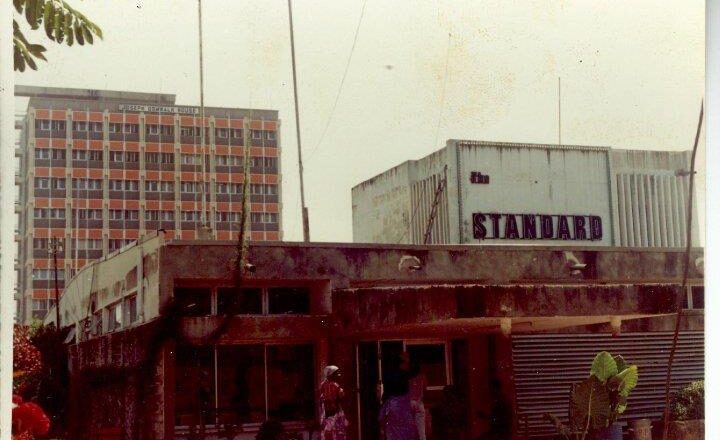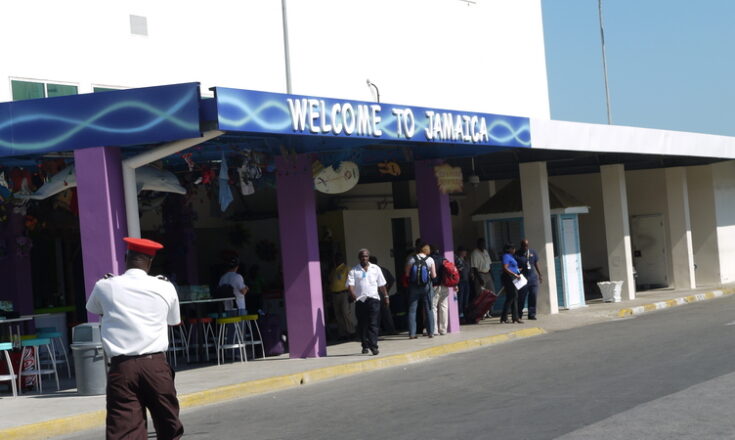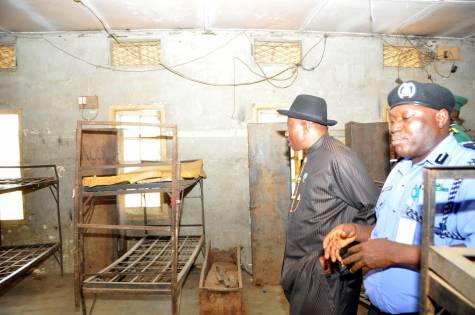Random Musing
Nurturing and Fostering Relationships Are Important
As I was responding to numerous comments on my post regarding my family’s love affair with Renault vehicles, something struck me. It became obvious to me that parenting is the strongest way or process through which we pass the right kind of value to our offspring, regardless of our state or status in life. I can…
Read More about Nurturing and Fostering Relationships Are Important

